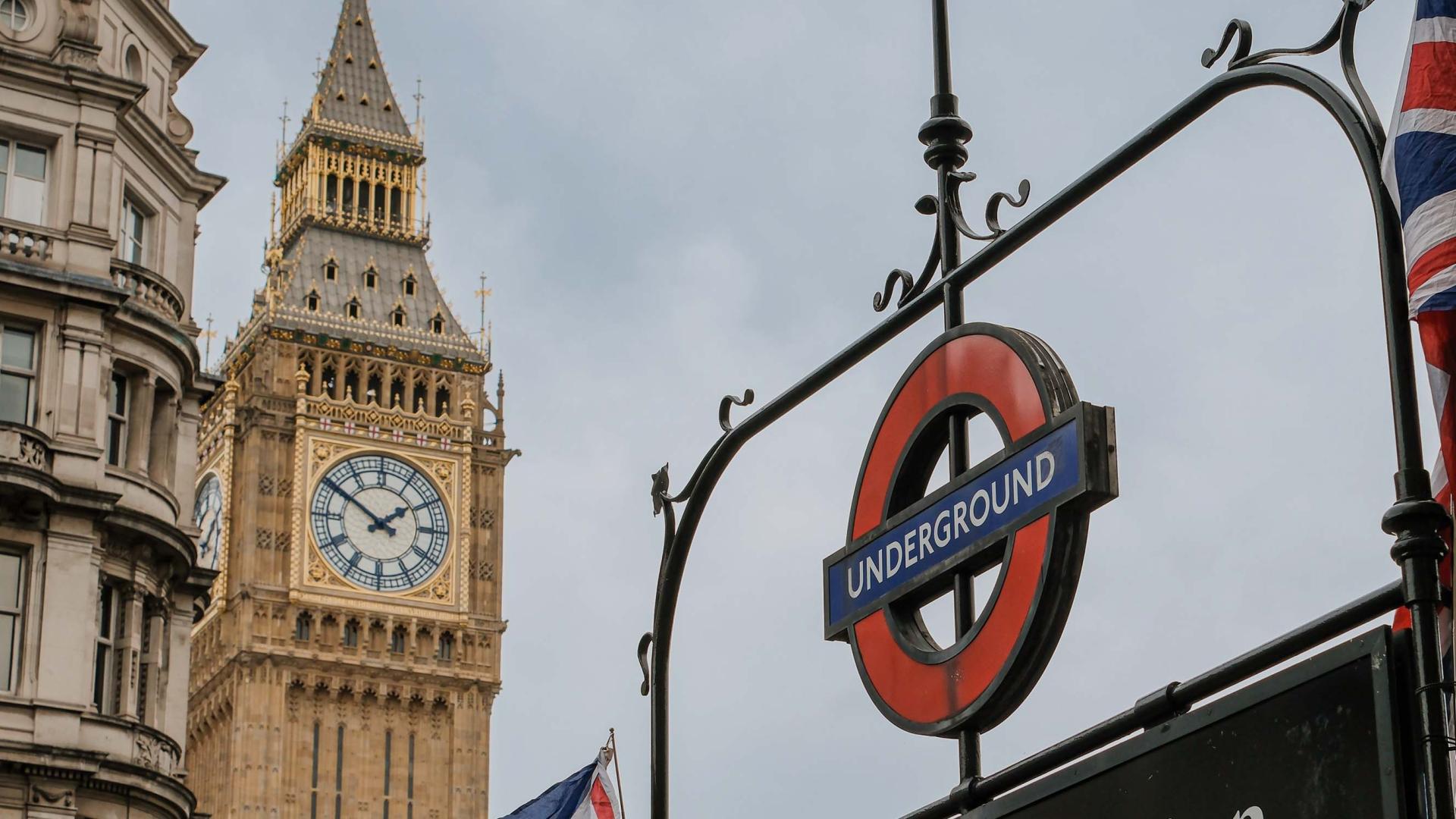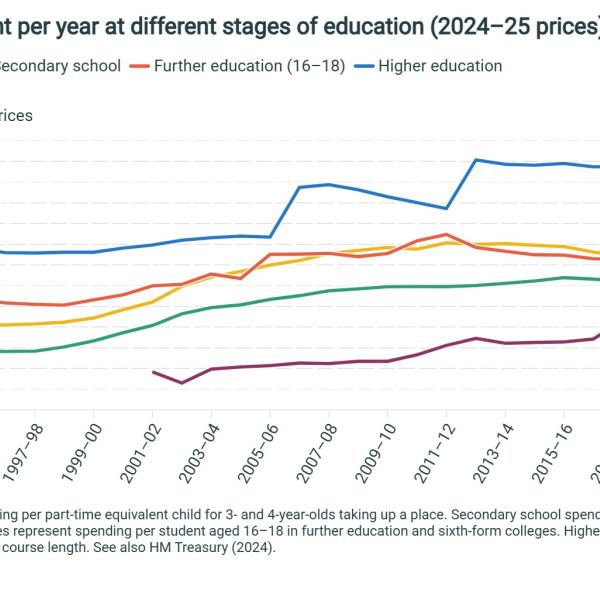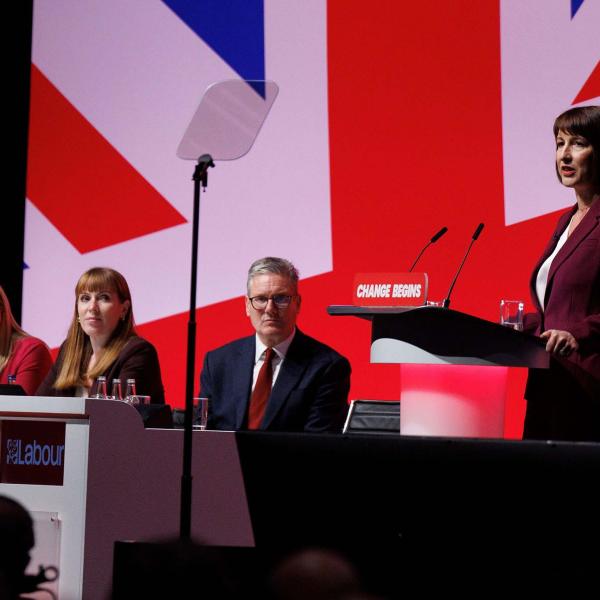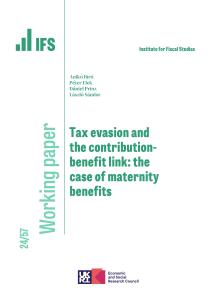Growth, growth, growth. Growth is all you need. That might serve as the theme tune for this government. Irrespective of the market gyrations in interest rates on government debt, and overblown claims and counterclaims about the performance and political future of Rachel Reeves, growth is going to remain the chancellor’s lodestar.
The “only” question is, how? Government spokespeople will point to a return to political stability, a focus on fiscal credibility, infrastructure investment, liberalisation of planning rules, the net-zero strategy, the plan to make the UK an artificial intelligence superpower, and the “hauling in” of regulators to insist that they take a more pro-growth, for which read lighter touch, approach. Each has its merits.
At the same time, we have seen the imposition of additional employment regulation, further regulation of rental housing, a hike in stamp duty, a big increase in tax on employers, an inflation-busting rise in the minimum wage, a refusal to contemplate any serious liberalisation of trade or free movement with the European Union, and, perhaps, a clampdown on immigration. Some of these policies may have merit too, but in most cases, those merits are to be offset against likely negative effects on growth.
All of which leads to the question: what is this government’s “theory of growth”? In a brilliant piece published last week, the eminent Oxford political scientist, Professor Ben Ansell, posed that very question and concluded that there was no answer. This government has no consistent theory or ideology. Hence their pursuit of growth is “empty-minded”. They take a grab bag of policies which might help them “pull the growth lever”, to use the prime minister’s own somewhat absurd phrase, but without any coherence between them.
Ansell attributes various theories, or mental models, to chancellors and prime ministers past. George Osborne, he contends, had a neoclassical model in mind, getting government out of the way, reducing the deficit through cutting spending, and encouraging free trade with, for example, the EU. Gordon Brown famously endorsed “post-neoclassical endogenous growth theory”, supporting a greater role for government through investment in education, innovation and infrastructure.
In my days at the Treasury, we churned out innumerable papers extolling these drivers of growth. New Labour added a belief in the importance of institutions — an independent Bank of England, devolution, the EU again. A much more interventionist model was favoured by post-war Labour governments, and by John McDonnell when he served as Jeremy Corbyn’s shadow chancellor. Liz Truss appeared to believe in a rather simplistic model in which big tax cuts could kick-start the economy.
In truth, it was always more complicated than that. Brown also talked a good game on fiscal prudence, oversaw light-touch regulation of financial services, and cut rates of income tax. Osborne was as keen on policies to promote research and development — and as prone to allow fiscal targets to slip — as ever his predecessor was. He also demonstrated a belief in the importance of institutions by founding the Office for Budget Responsibility. Even Truss was not averse to massive government intervention when it came to subsidising energy bills.
Nevertheless, I think it is harder with this government than it was with some of its predecessors to work out any underlying guiding mindset. Liberalisation here, additional regulation there; belief in the power of government in one corner and in the free market in another; fiscally conservative rhetoric, tax, spend and borrow in practice. Do Reeves and Ed Miliband have similar mental models? Miliband’s energy plans seem to owe as much to the legacy of the McDonnell years as to the more recent Labour approach. If Keir Starmer has to adjudicate between different approaches, where does he stand?
Perhaps this doesn’t matter. One does need to be intellectually open, different parts of the economy need different policies, and what matters is what works. Is there any reason why a hotchpotch of different approaches shouldn’t work?
One problem, also evident in the approach to public service reform, is that if there is no guiding philosophy it is hard for ministers and civil servants to have a sense of which way the prime minister or chancellor will swing when it comes to any individual decision. That makes it harder for the civil service to advise. And if there is no guiding philosophy, it makes it harder for all involved to take decisions.
It also leaves businesses uncertain as to the future direction of policy. Is this really going to be the government of deregulation that some of the rhetoric implies, or of additional regulation as much actual behaviour so far indicates? The latter route always looks tempting to a cash-strapped government which can’t make things happen by spending money. Will a government that increased taxes a lot, and spending even more, in its first budget really shy away from further tax rises and be ultra-tight on public spending from now on? Should we believe government claims to be on the side of business when they explicitly chose that by far their biggest tax increase should be on employers? We just don’t know.
Most important is that approaches to policy which are based on different conceptions of how the economy functions will butt up against one another and could well end up forming rather less than the sum of their parts. Shifting the performance of an entire economy requires a long-term, consistent and persistent direction. You also need that to form a narrative around which to seek the electorate’s buy-in.
In Ansell’s memorable words: “Claiming pragmatism by borrowing bits here and there from incompatible ideologies will mean a Frankenstein’s monster of an economic strategy. And when the electorate come with their pitchforks and torches to ward off the monster, they won’t have much more sympathy for its creators.”
This article was first published in The Times, and is reproduced with kind permission.










